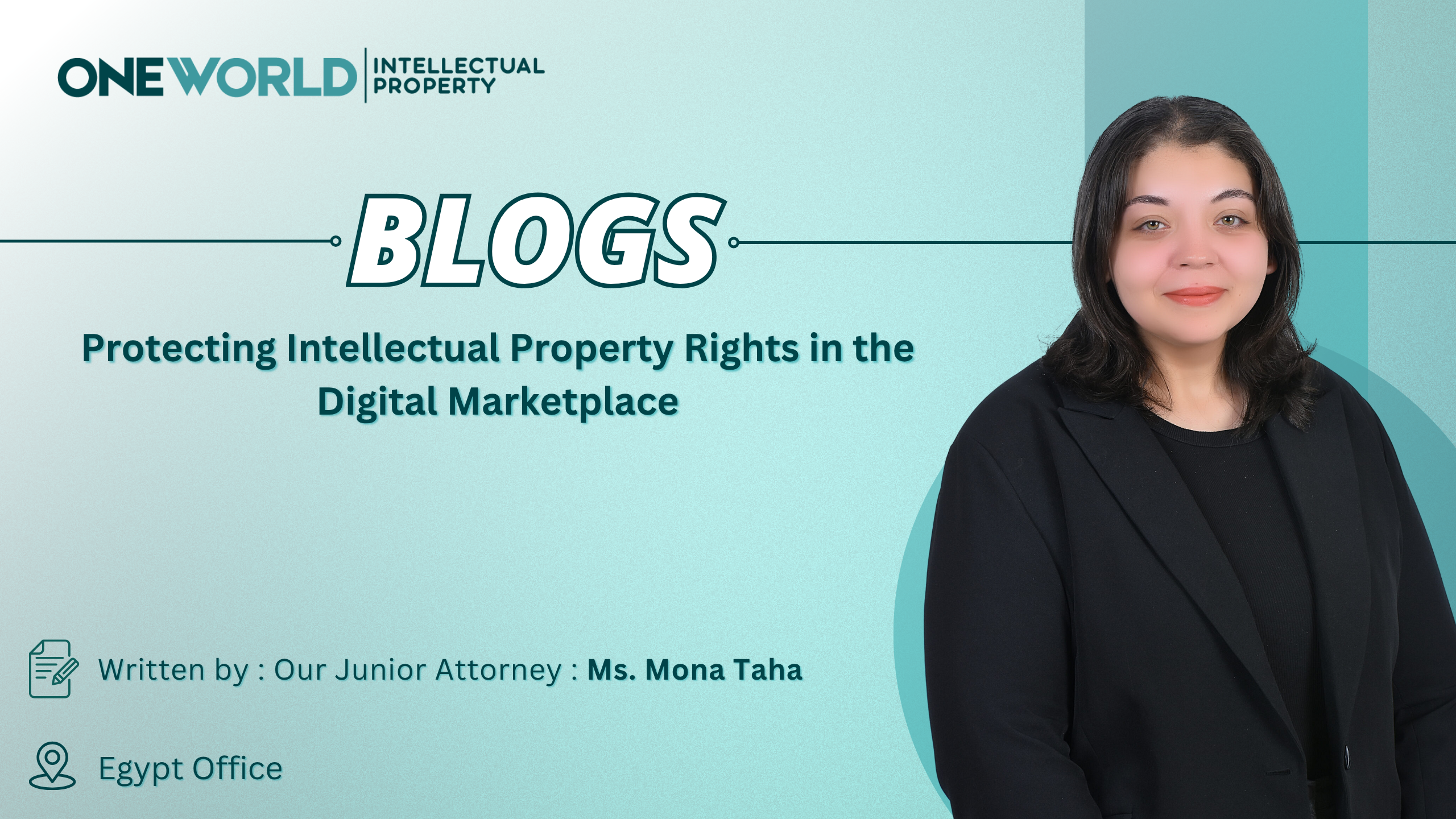
Protecting Intellectual Property Rights in the Digital Marketplace
In a world where digital transformation is accelerating, electronic marketplaces have become an integral part of our daily lives. They open wide doors to opportunity, yet they also carry hidden threats to our commercial rights. Have you ever considered that your trademark could be violated amidst this digital surge? And if such a violation occurs, how would you respond? Do you have a clear plan to reclaim your legal rights?
Digital marketplaces are no longer mere platforms for buying and selling they have become new legal arenas that demand awareness, preparedness, and effective protection tools. So, are you ready to face such challenges and confront them head-on?
In this fast-paced era, digital markets have become a necessity, not a luxury. They are no longer an optional feature in the business world, but a fundamental part of our daily lives whether as individuals or as business owners. Through these platforms, we can carry out purchases and sales, manage operations, and even communicate with customers more efficiently than traditional methods, with lower costs and less effort. In the age of digital economy, the internet has become the primary gateway to access products and services. This shift has helped save time, expand reach, and increase profits for companies and retailers.
Consumers are increasingly relying on digital marketing to meet their needs, using platforms that allow them to compare, choose, and pay all without leaving their homes. But it doesn’t stop there. Digital marketplaces have become a powerful tool for building strong relationships between sellers and buyers, through data analysis, personalized offers, and a unique shopping experience. As these markets continue to expand, countless apps and platforms have emerged, becoming part of our daily routine. With just a click, we can buy almost anything from groceries and food items to electronics and kitchen tools. These platforms have transformed into open markets showcasing a wide range of new and diverse products from various companies. Yet, at their core, they remain virtual spaces we don’t see the seller, nor do we physically inspect the product before purchase. Despite the convenience, users place full trust in the authenticity of the products they buy, believing they come directly from the original brand. But what happens when a counterfeit or infringing product slips into the mix? That’s where the real danger lies.
And reality has proven that such violations are not just theoretical possibilities they are recurring incidents. Many companies have been forced into legal battles to defend their trademarks against greedy attempts at unlawful profit and unfair competition.
Real-Life Examples of Trademark Infringement in Digital Markets
Amazon has faced major challenges due to the sale of counterfeit products on its platform, prompting the launch of a comprehensive and free system to protect trademarks. This system goes beyond simply listing products it begins with strict procedures to verify the identity of sellers, ensuring they bear full legal responsibility for the items they offer. In cases of infringement, these measures facilitate swift legal action against violators. The system also allows trademark owners to register through the Amazon Brand Registry by submitting official documents issued by government authorities to prove ownership. Once registered, they gain the right to remove any counterfeit or infringing product associated with their brand.
Moreover, Amazon has developed advanced tools that enable automated product scanning and removal of counterfeit items. It also provides educational services to sellers, raising awareness about the importance of trademark registration and assisting them in the official registration process. This system has proven highly effective, significantly reducing trademark violations despite the massive volume of daily transactions on the platform. Such a model demonstrates that trademark protection benefits not only rights holders but also enhances consumer trust and attracts major sellers ultimately elevating the quality and credibility of the digital marketplace. Therefore, it is essential to understand that protecting trademarks in the virtual world is no longer optional it is a pressing necessity that demands legal awareness and collaboration between rights holders, digital platforms, and legislative bodies. Every unaddressed infringement weakens trust, while every decisive legal action strengthens the foundation of a fair and secure digital market. Although digital marketplaces have become an integral part of our daily lives and a powerful tool for economic and commercial growth, they have also opened the door to serious legal challenges most notably, trademark infringement. These platforms are not merely spaces for buying and selling; they are legal and economic environments that require regulation, oversight, and continuous awareness to ensure that opportunities remain accessible to all, without turning into open grounds for violation and unfair competition.
Written by our Junior Attorney: Ms. Mona Taha.



